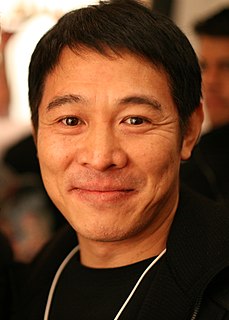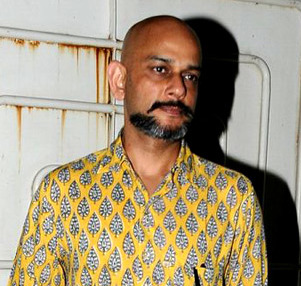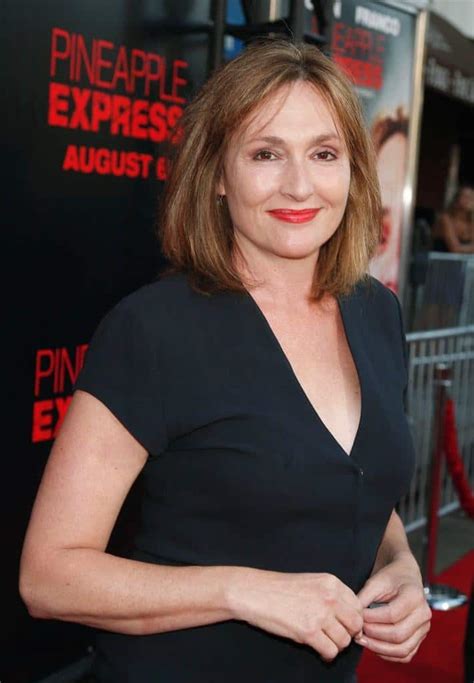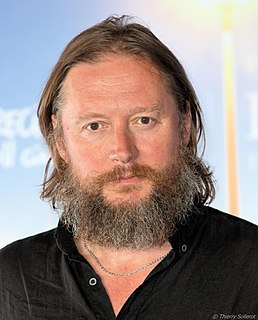A Quote by Jet Li
Working on a film, the setup for an action sequence takes a long time, and we need to shoot the scene many times to get different angles.
Related Quotes
When you're working with film, you can only shoot one angle at a time, and then everything has to stop, and you re-light it and shoot everything else from the opposite side, so it's really important that you stick exactly to what's written. But with the multi-camera digital setup, you're getting both sides of the scene at the same time, so it gives you that freedom to go off-book.
Film and television are very different. On the TV show, we do seven or eight scenes a day, so time and money are of the essence, and we have zero room for creativity because you've got to do each scene in only five takes. Whereas, on a film, you have an entire day to film one scene, so you have so much time to choose how you want to fill in a scene.
I've had my body manipulated so many different times for so many different reasons, whether it's paparazzi photographers or for film posters. The topless Interview shoot was one of the ones where I said: 'OK, I'm fine doing the topless shot so long as you don't make them any bigger or retouch.' Because it does feel important to say it really doesn't matter what shape you are. I think women's bodies are a battleground, and photography is partly to blame. Our society is so photographic now, it becomes more difficult to see all of those different varieties of shape.
That's just like America. It's made up of lots of different people. We're all different colors, different ages, we do different jobs -- but it takes all of us black people, white people, brown people, men and women, young and old, working in the factories, working in the fields, working in offices, working in stores -- it takes a lot of different kinds of people to get the job done for America.
It's not often I get to do a film that turns out good. Plus, there just aren't that many great directors out there. There are a thousand different decisions that need to be made with each script and it's the good directors that can make those decisions. It's a long and complicated process in regards to what looks good on paper. Working on a bad film can be fun too. It can be a good exercise that gets you writing.



































